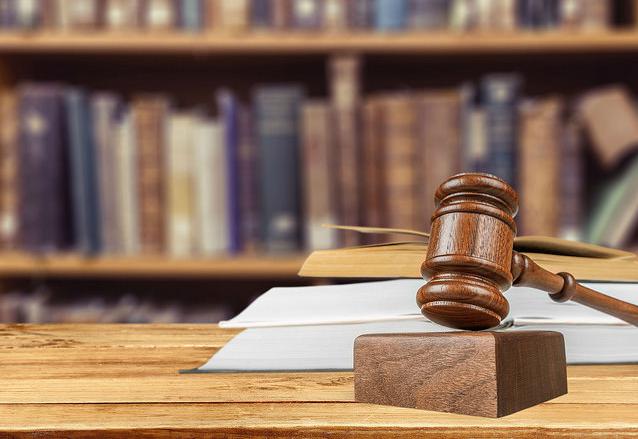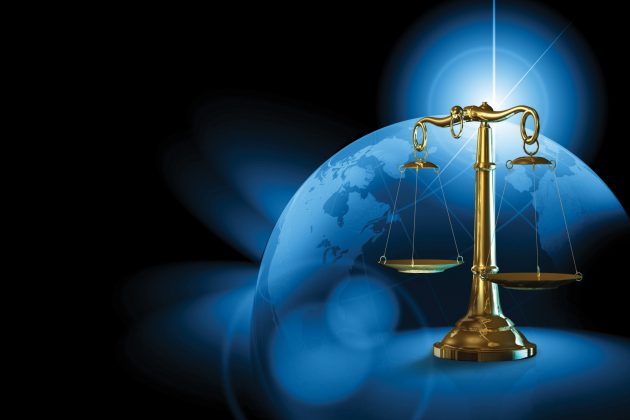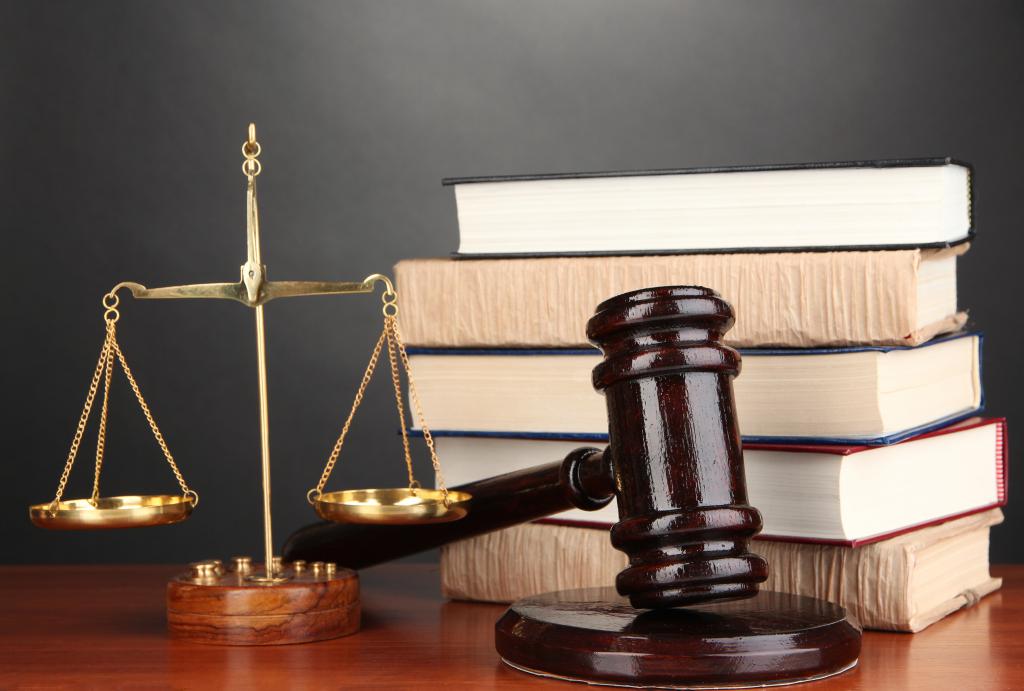The main international legislative acts, the content of which concerns human rights, state that everyone is the highest value. People in such documents are designated by beings endowed with reason, certain feelings, and will. As they say, the realization that a person has the highest value leads to the fact that society develops and evolves. In other words, providing the state with proper protection of dignity and honor guarantee the normal development of all social systems of the country.
Concepts such as dignity, business reputation and honor? enshrined in some international acts. One of the main ones is the Declaration of Human Rights, which was adopted in 1948 at a meeting of the UN General Assembly.

General concept of honor
What is honor? Such a concept is not given in the norms of laws in force in the territory of the Russian Federation. However, it is well known to every person. In the simplest sense, honor is an assessment of a particular person from the point of view of society. In other words, it is customary to call honor all worthy moral qualities of a person, as well as a set of his fundamental principles. In some sources, this concept is interpreted as an integral part of the personality, expressed in a person’s feelings for himself.
Dignity
The concept of dignity is also not disclosed in the regulatory acts of the Russian Federation as such, however, it is often found in the norms of civil and criminal legislation and in other areas of application of the law. Dignity is a person’s assessment of his own moral or business qualities. The laws of different countries say that dignity, like honor, is an integral part of any person on the planet.
In the legal environment, this concept is often used in relation to legal entities, which can be both enterprises and institutions or organizations of various forms of ownership.
Business reputation
In legal practice, this concept is applied to both individuals and enterprises, as well as organizations. It represents a benefit of a non-material nature, expressed in a public assessment of the activities of a person. Instead of an individual, the concept of community of persons can also be used - in this case, this designation can only be used in relation to enterprises, organizations or institutions of various forms of ownership.
Society under the concept of business reputation refers to the reliability of all kinds of business qualities of the organization.

The reflection of concepts in international law
All three of the above concepts are widely used in regulations issued for use in the international arena. They are particularly disclosed in a document such as the Convention for the Protection of Human Rights. It is on the basis of article 41 of this legal act that articles were created in the civil legislation of the Russian Federation regarding the payment to a party who suffered moral damage. On the basis of this Convention, not only the protection of the dignity and honor of a citizen is carried out, but also normative acts that speak of such a concept are interpreted.
In addition to the Convention for the Protection of Human Rights, the concepts of protection of honor and dignity are perfectly disclosed in the European Convention for the Protection of Human Rights and its Fundamental Freedoms. The text of the International Covenant on Economic, Social and Cultural Rights also indirectly refers to these concepts.

Reflection of concepts in the legislation of Russia
Judicial protection of honor and dignity in Russia is carried out on the basis of the Civil Code of the Russian Federation. On the basis of Article 152 of this normative act, each individual or legal entity may demand from other persons that all information regarding him be reproduced solely on the basis of reliable facts, thereby ensuring compliance with an external moral assessment of reality.
In addition to the 152nd article of the Civil Code of the Russian Federation, the dignity and honor of a citizen and a person are also protected on the basis of other sections and articles. An example of this is the possibility of restoring honor in the process of establishing in a judicial procedure the unreasonableness of a plagiarism charge. In criminal law, the punishment of a person who is guilty of disseminating false information against another person that dishonors his honor and dignity can also become an option.

Civil protection of dignity and honor
Most often, this process is carried out by conducting civil proceedings. If it is necessary to protect such factors, a person whose honor and dignity has been infringed can visit the court with a statement of claim, which should state the problem on the merits. After the adoption of a duly drafted statement, the court opens the proceedings and the trial begins with a call to the plaintiff, defendant, witnesses and third parties. In the process of considering civil cases, the judge makes a definite decision, as a result of which the applicant’s claims can be satisfied or denied. In the event that the plaintiff or defendant remains unsatisfied with the results of the consideration of the case, they have the right to submit an application for review of the decision to a higher court of appeal.
The Russian legislation states that in civil proceedings, protection of the honor, dignity and reputation of both individuals and legal entities is possible. The main objective of such a process is the fact of restoration of the non-property interest of the plaintiff
Criminal defense of dignity and honor
In this form, the protection of human rights is carried out only in those situations in which the corpus delicti of the articles of criminal law is contained. An example of such can be libel and insult to citizens (the composition of such crimes is provided for in Articles 129 and 130 of the Criminal Code of the Russian Federation). The legislator envisages criminal liability for such acts, since slander and insult are carried out solely due to a person’s own fault, often such acts have an intentional form of guilt.
Criminal legal protection of dignity and honor in court begins with the fact of private prosecution, but the legislator also provides that the opening of proceedings in this circumstance is possible only in relation to a person who may be criminally liable. In contrast to the civil defense of the honor and dignity of a person, the criminal defense of such concepts is carried out exclusively in relation to people.
With regard to the purpose of criminal legal protection, it consists in punishing the perpetrator of a crime. Moreover, if we compare such forms of causing moral damage as insult and slander, the first of them entails a more serious responsibility than the second.

Who can be a plaintiff in such cases
Applications for the protection of dignity, honor and business reputation may be submitted by citizens who are endowed with legal capacity. Legally competent persons are those who have reached the age of 18.
As for legal entities, they can also be plaintiffs in civil cases for the protection of honor and dignity. In this case, representatives of the enterprise, institution or organization that is authorized to deal with legal issues may file an application with the court.
Minors can also exercise the right to defend honor and dignity. In the event that their rights and legitimate interests have been violated, their legal representatives may be involved in their protection. The legislator provides a complete list of persons who may be plaintiffs in court on behalf of a minor. Such may be his parents or duly appointed guardians, trustees or local prosecutor.
In judicial practice of protecting dignity and honor, there are often situations when this action was carried out against a deceased person or a legal entity that ceased to exist. If it is necessary to restore them, an application to the court may be submitted by the heir of the deceased person or the legal successor of the legal entity. In this way, the legislator implies that the continuation of the right to protect the honor and dignity of a person remains with him even after his death. The same goes for enterprises, institutions and organizations.
Who can be the defendant in the case
In cases relating to the protection of honor and dignity, as well as business reputation, both individuals and legal entities may be defendants. In this case, it is important to find out who is guilty of infringing on the honor and dignity of another person or organization. Depending on this, the defendant in the case may be, for example, the printing organization as a whole, which published the article with false information containing slander, and the author himself. In the case of the print edition, a legal entity will be held liable only when the author remains under a pseudonym.
In the course of the trial, both the plaintiff and the defendant face the same task: to convince the court of their innocence, that is, precisely that the information provided by them is true. On the basis of the arguments presented, the court decides whether the alleged fact was indeed an infringement on the honor, dignity and business reputation of a person or legal entity.
Arbitrage practice
Currently, in court practice, cases are increasingly being found in which the subject of the proceedings is infringed on honor and dignity, as well as business reputation. According to statistics, the most frequent defendant in such cases is print media, in which articles about certain people are published. As a result of the consideration of such cases, the court very often makes a decision in satisfying the requirements of the plaintiff, as a result of which the publication is obliged to write a refutation of the previously provided information, as well as to pay monetary compensation in a certain amount.
Statistics show that religious organizations, as well as citizens whose intangible benefits were infringed on religious grounds, very rarely turn to the court with questions regarding the protection of honor and dignity. Specialists in the field of jurisprudence report that this happens only because the Russian population is poorly aware of the possibility of their defense in court, and not because no infringement occurs. According to many of them, this happens only because the doctrine of freedom of religion and conscience remains underdeveloped.

In judicial practice of protecting honor and dignity, there are a considerable number of cases whose subject matter is the infringement of such intangible benefits on social networks and other Internet spaces. Often, in this way, unscrupulous competitors are involved in spoiling the business reputation of legal entities of various kinds. However, according to statistics, in this case, violators remain virtually unpunished. This is due to some features of the legislation, which provides for punishment for such violations in the media.The regulatory legal acts also offer an interpretation of the concept of the media, which states that this tool should have a permanent name and frequency of publication. In addition to the fact that this factor is not peculiar to many sources on the Web, it is far from always possible to establish the name of the offender who could have defamed or made a reservation under an invented pseudonym. In practice, you can see that only a highly qualified lawyer can adequately defend the honor of his client in a lawsuit, but even in this case, violators can not be punished in full.
What must be brought to court to protect your intangibles
Despite the fact that the current legislation of the state does not have a clear concept of honor, dignity and business reputation, this does not hinder their judicial defense in practice.
So, for the production of judicial protection of honor, dignity and business reputation, a single factor is necessary - an encroachment on such personal non-property benefits from the outside. In other words, the injured person is obliged to present to the court all the materials that testify to this fact. If possible, they should be supported by substantive testimonies of witnesses, as well as documentary sources or, for example, excerpts from the publications in which the clause was published.

The whole essence of the trial of cases on the protection of honor, dignity and business reputation is the proof by both parties of their innocence. In these cases, the principle of the presumption of integrity is applied, which means the veracity of all the information provided until the court proves the opposite in the course of the proceedings on the merits.
Forensic psychological examination
Often in judicial practice in cases of protecting the honor and dignity of a person, this type of examination is used as forensic psychological. It is designed to establish the level of moral damage caused by the fact of belittling the honor and dignity of a person. Such a procedure is carried out exclusively by professional forensic psychologists.
In the framework of such activities, it is necessary to clarify whether the victim has observed psychological changes as a result of an encroachment on his honor, dignity and business reputation and whether they are a consequence of this particular event. In addition, it also becomes clear whether these events caused a psychotraumatic effect and to what extent it is measured. At this stage, specialists can consider the issue of the need for material compensation for harm received as a result of moral shock. In the process of such a study, the fact is also established whether there has been such a consequence as a decrease in self-esteem in the person against whom an encroachment on honor and freedom was committed.
In the process of such an examination, the question is also raised as to whether the created circumstance (for example, the fact of the spread of false information about a person) can create an unfavorable background for his reputation, including business.
The results provided by the expert commission are sent to the court to consider the case on the merits. As practice shows, on the basis of the data provided and the testimonies of witnesses, the court very often makes the main decision. Of great importance are the testimonies given in court by the violator and the injured.
In addition to submissions from a forensic psychological examination, the provided medical opinions, certificates, as well as other reporting and settlement documents, can also play a significant role in determining decisions in cases of protection of honor and dignity. All of them must confirm the amount of damage caused, both moral and material - on their basis, the amount due for payment by the culprit to the injured person can also be formed.